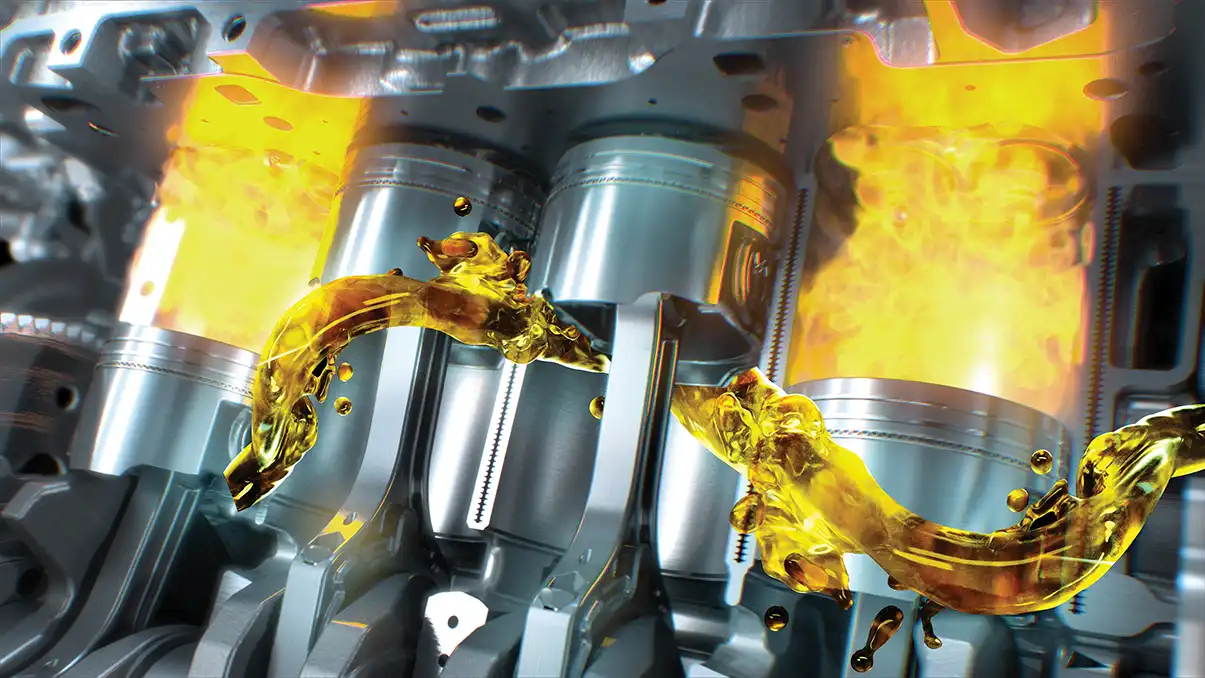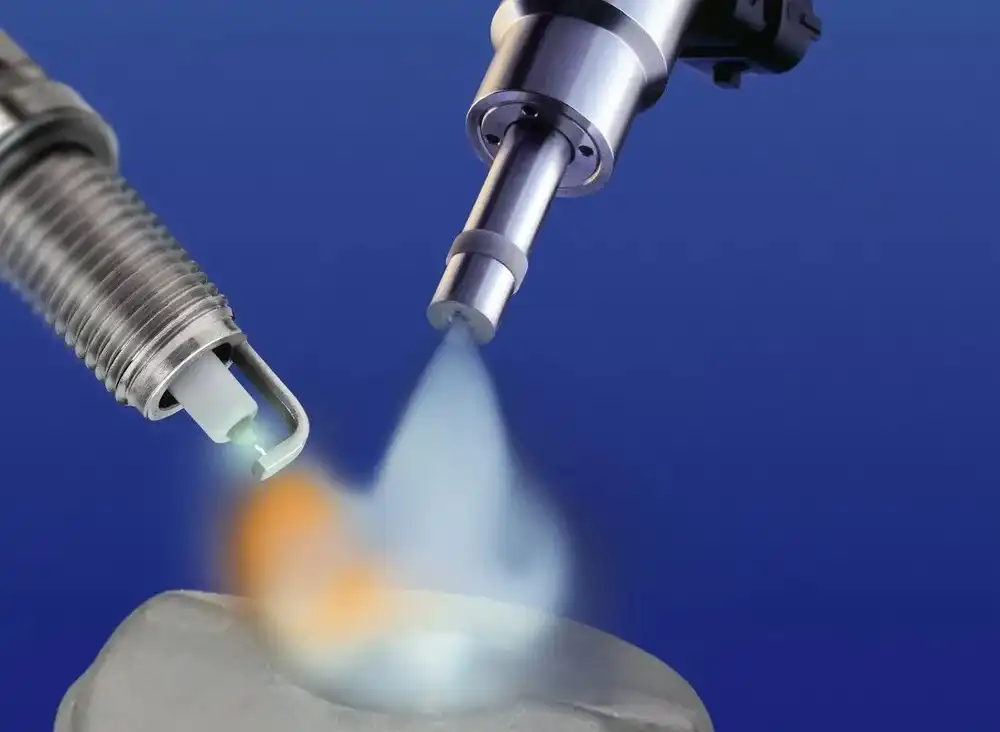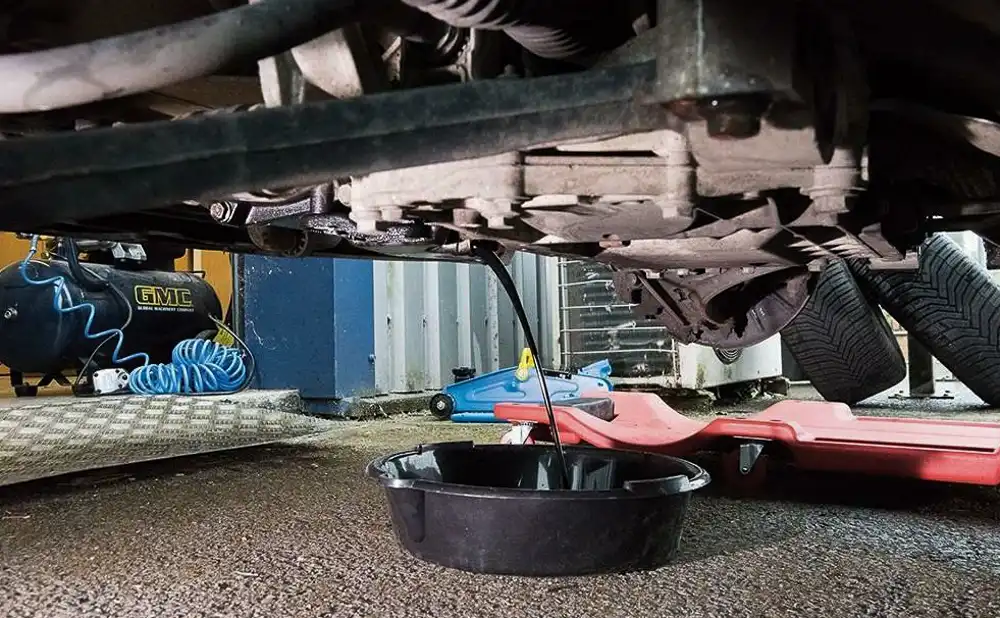LSPI is the used abbreviation for low speed pre ignition. This may seem like a problem not to worry about but it can cause damage to your engine. Let’s find out why exactly it is, and most importantly, what are the possible ways to prevent LSPI.

What is LSPI (Low Speed Pre-Ignition)?
LSPI (low speed pre ignition) is abnormal combustion event that can occur in turbocharged, direct-injection gasoline engines. Fuel mixture ignition before the spark plug fires leads to high cylinder pressure and potentially engine damage. This issue tends to arise at low engine speeds and high loads and can destroy an engine with little or no warning. That’s why it’s a must to know about it before it makes huge damage to your engine.
What causes LSPI and why it matters?
LSPI can have multiple contributing factors. From the quality of the fuel to engine high loads any little detail can be the reason stands behind it. Specific engine operating conditions, including low engine speeds and advanced ignition timing can also be the cause. Recent studies have shown that the composition of the engine oil can also increase the probability of LSPI events. We need to consider that it’s not just fuel and air in the combustion chamber – there will inevitably be some oil in there too. Whether it comes in from the top end past the valve stems, is introduced with the air via a PCV system, or clings to the cylinder walls and makes its way past the piston rings, there will be oil present at the point of combustion.
Advertisement
You may think that LSPI is a recent phenomenon, but the phrase LSPI was coined way back in the early 2010s. The problem came to light when manufacturers began developing smaller capacity engines and incorporated turbochargers and direct fuel injection systems. While this technology helped meet emissions regulations and fuel efficiency goals, their use inadvertently introduced the challenge of LSPI.
The risks associated with LSPI are no joke. They range from engine failure to internal damage that leads to poor performance and expensive repairs. When LSPI occurs, the heightened cylinder pressures wreak havoc, potentially resulting in broken pistons, bent rods, and damaged cylinder walls. And it’s an issue that can occur at any state of tune. Don’t think it only happens if you’ve remapped your ECU, plenty of standard engines have experienced failures thanks to LSPI too.

How to choose correct engine oil to prevent LSPI issue?
The API (American Petroleum Institute) has created a specific test for engine oils concerning LSPI. For an oil to achieve the API S/N Plus label, it must pass these tests. That means the composition of the oil has to be carefully considered. Research showed that calcium based detergents leads to LSPI events, so switching to magnesium based detergents would be great. So, whenever you buy the engine oil make sure that it meets the API S/N standarts and therefore certified to reduce the risk of LSPI.
Aside from oil composition, another leading contributing factor to LSPI events is the cleanliness of the engine’s internals. Excessive carbon deposits within the combustion chamber provide potential hotspots and possible sources for pre-ignition, and therefore are probable causes of an LSPI event.

Another important consideration is the oil’s cleanliness. Oil that is contaminated with dirt, debris, or fuel residues can contribute to LSPI. Regularly changing the engine oil and using high-quality filters will help maintain the cleanliness of the oil and prevent LSPI.
Of course, it is crucial to use oils that meet the specifications recommended by the engine manufacturer. These oils are specifically formulated to provide optimal protection against LSPI for specific engine designs and operating conditions. Using the correct oil ensures that the engine is receiving the necessary additives and properties to combat LSPI effectively.
